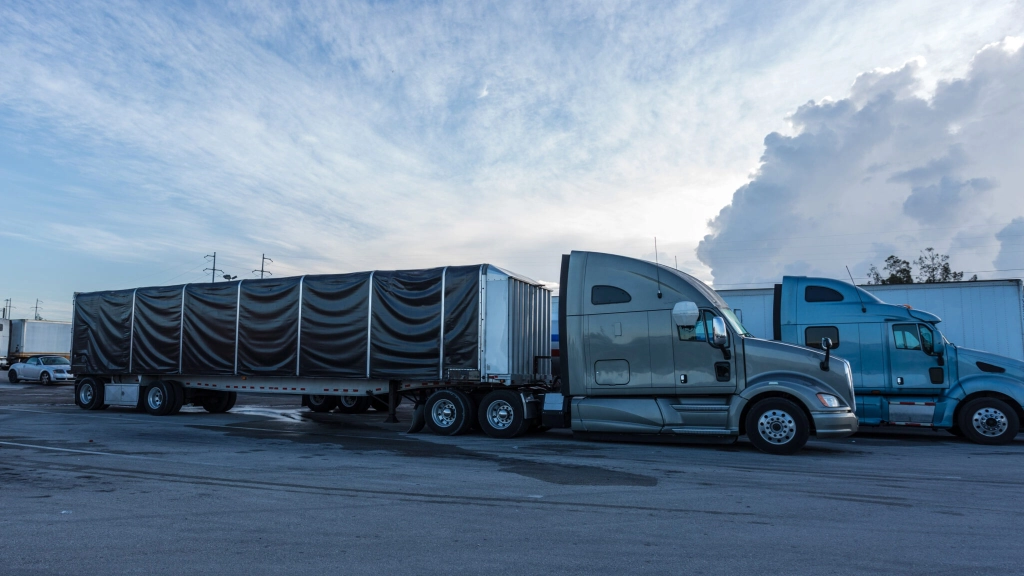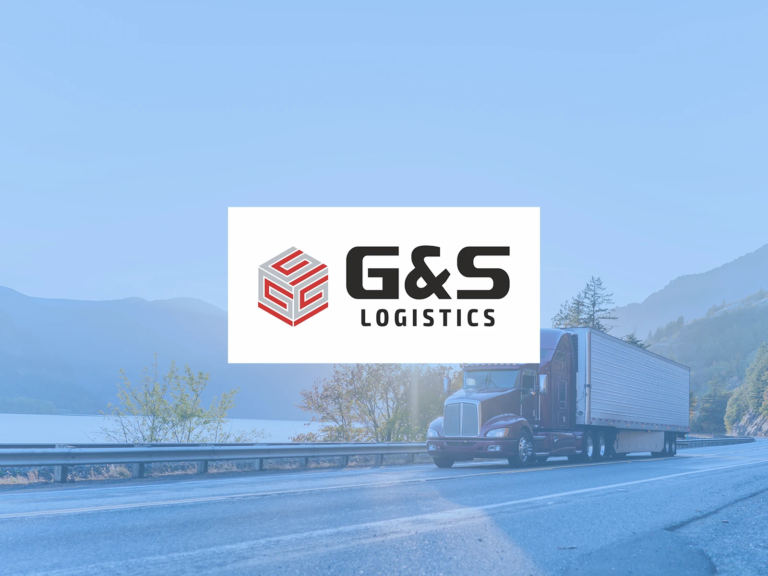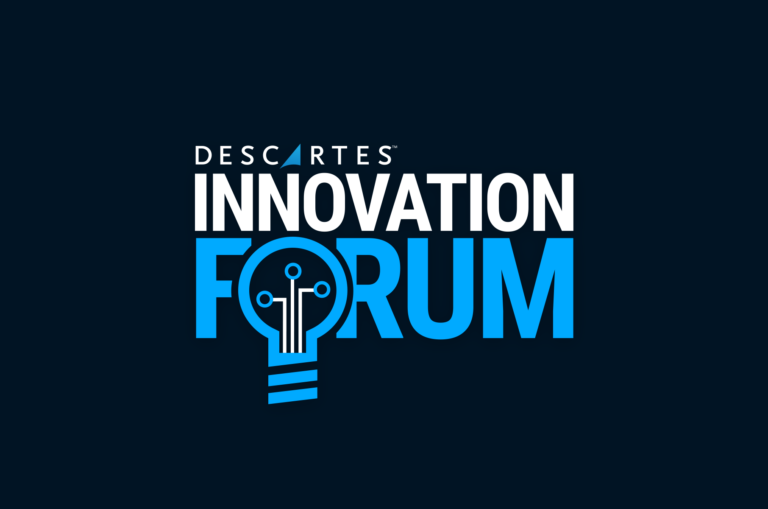Key Takeaways
- Broker TMS software, or Transportation Management System, is used by freight organizations to handle various logistics operations such as sourcing, executing, tracking, invoicing, and accounting.
- TMS software comes in two forms: cloud-based, which offers scalability and flexibility with variable costs per load or annual subscriptions, and on-premise, which provides total control and responsibility but involves upfront fixed rates and annual maintenance charges.
- Factors influencing TMS pricing include integrations, the number of users, and the features and capabilities offered.
- Free trial and free TMS software options are available, they often come with limitations and are meant to entice users to upgrade to paid versions with more advanced features and capabilities.
What Is Broker TMS Software?
Short for Transportation Management System, a Broker TMS is used by freight organizations and their employees to better handle operations and the logistical side of business like:
- Sourcing
- Executing
- Tracking
- Invoicing
- Accounting
Different TMS software will offer different capabilities and features for their users. Let’s get a run down on the different Broker TMS options and their costs.

The Two Different TMS Software Platforms
The more common Broker TMS software models come in two forms:
Cloud-Based TMS – Accessible from any one location with an internet connection, cloud-based TMS’ allow freight teams to log in from anywhere with a wireless connection thanks to remote servers. All data, hosting, and security is stored in the power of the cloud.
On-Premise TMS – Also known as a licensed or hosted TMS, this model is often setup on the company’s server (on-site) at a set location like an office. From there, freight and IT teams can access it directly on company computers with complete control over their system.
TMS Pricing and Cost
TMS software can range greatly in cost and often comes in two different pricing models.
Cloud-Based Pricing
Generally, cloud-based Broker TMS software will be based on a variable cost per load or an annual subscription. In the case of cost per load, the more your team books ,the more you pay each month. Average pricing will cost as much as $2-$5 per load while an annual subscription can cost tens of thousands of dollars.
On an annual/monthly subscription pricing model, teams will pay fees based on the number of integrations, the number of users, and other size-based attributes in order to take advantage of a cloud-based TMS. You’ll find some additional costs may be charged for implementation and support costs.
Who best fits this TMS and pricing model?
This benefits those who are looking for a more scalable and flexible solution, helping them save on the expensive pricing of the more traditional on-premise TMS models. It’s also better for those who wish to access their TMS from anywhere without worrying about being responsible for the security and overhead of maintaining servers.
On-Premise Pricing
On-premise or licensed TMS models will be a one-time fixed rate that organizations pay up front, plus an annual maintenance charge that ranges from 15-20% of the license costs.
You can find prices ranging from $50k all the way to $400k+ for licensed TMS software. An extremely wide range, pricing will be based on each TMS’ category, customer/company needs, features, capabilities, integrations, and more.
Who best fits this TMS and pricing model?
This benefits large freight teams with on-site operations who want total control and responsibility over the servers, custom enhancements, and cybersecurity.

Other Pricing Factors: Integrations & Users
Many TMS software platforms offer integrations to their systems.
TMS integrations add increased capabilities and extensions to TMS solutions. Integrations make it easy to work together with different organizational units and companies in complex logistics networks, via web and mobile technologies. This ensures that customers, suppliers, partners, and other service providers are integrated into your processes, aiding in valuable business operations.
While some integrations come included and are free, others you’ll have to pay for, something to consider when you and your team are shopping for a TMS.
It’s also noted that each user/team member you add to a TMS platform will affect pricing. Therefore, you’ll see many models limiting the number of users on a plan and requiring an upgrade if freight organizations wish to add more users.
Free Trial TMS Software for Those Unsure
For many choosing a TMS is a difficult, costly, and pressured decision. And understandably so!
To better ease your worries, we’ve put together a list of Broker TMS software providers that offer free trials. Give them a try and see what you think. Be aware there is some risk to just jumping into a trial.
To see effective results, it takes onboarding and training that may consume many resources without a guaranteed result. It is good to look for tech providers with an established track record.
- Freightview
- Logitude World
- Tailwind TMS
- Rose Rocket
- Trucking Office
- Detrax
If the TMS doesn’t fit your company’s needs, you may be back at square one, but you will be more educated. Free trials are often limited and can, at least, provide a chance to learn what features you need from a Broker TMS.
TMS At Zero Cost? Free TMS Software Options.
Nothing is better than something free…
Just a quick Google search for ‘free tms software’ or ‘free transportation management software’ will give you dozens of results.
Here’s a list of free TMS software platforms you can check out:
- Freightview
- MyCarrierTMS
- Cargobase
- Shipsy
- Fleetx
- Dr Dispatch
- Shiptify
- INMOTIONGLOBAL (AscendTMS)
This begs freight teams to ask the question “Why should anyone pay for a transportation management system when you can utilize one for free?”
The reality is, free TMS software is nowhere near as proficient compared to their paid counterparts. On free plans, freight teams will have restricted capabilities, no premium features, and a limited number of users who can utilize the TMS.
The main goal of a free TMS platform is largely to get users hooked. When teams realize their capabilities are limited they will have to upgrade to get the true benefits of a transportation management system.
Simply put, ‘free TMS’ models/brands are simply advertisements for their paid versions. This can be an ideal option for those new to the industry and just starting a new brokerage.
How Does Descartes Aljex TMS Pricing Work?
Here at Descartes Aljex, we utilize a different approach to our pricing model that fits different needs for freight teams. We deliver a robust and secure cloud-based Broker TMS that includes a host of capabilities to electronically automate and digitize your brokerage operations. The licensing model is based on core platform fees plus per user charges.
TMS pricing starts at $350-$2,000+ per month
TMS pricing can fluctuate based on factors such as integrations, professional services, and custom API’s.
Contact us to speak with an expert or schedule a demo.
- Up to 5 users
- Limited integrations
- Accounting and invoicing
- Basic carrier management
- Advanced customer management
- 6-10 users
- Bolt on additional integrations
- Accounting and invoicing
- Advanced carrier management
- Advanced customer management
- 10+ users
- Integrations included
- Administration, accounting, and reporting
- Advanced customer & carrier management
- Agent security at no extra charge
Who best fits the Descartes Aljex TMS and pricing model?
The benefit of Descartes Aljex pricing brokers and their teams won’t have to pay more for each load they purchase. With more of a focus on per user pricing, freight teams gain the value of cloud TMS without overhead or security concerns of an on-premise/licensed TMS.
Conclusion
What we’ve learned from this article:
- Cloud-based TMS Software will run you $2-$5 per load you book or a 5 figure annual subscription cost. It is generally better for larger enterprise freight organizations.
- Licensed TMS software will run you $50,000-$400,000+ and will often come with annual/monthly maintenance and support fees.
- Integrations and the number of users on a platform will greatly affect pricing.
- Many organizations will offer different paid TMS models to fit different size organizations.
- Certain TMS brands have free trials for users who are unsure where to start.
- There are trial and free TMS software options out there, but they are just limited versions of a paid TMS, with the end goal for freight organizations to sign up for said paid version.


